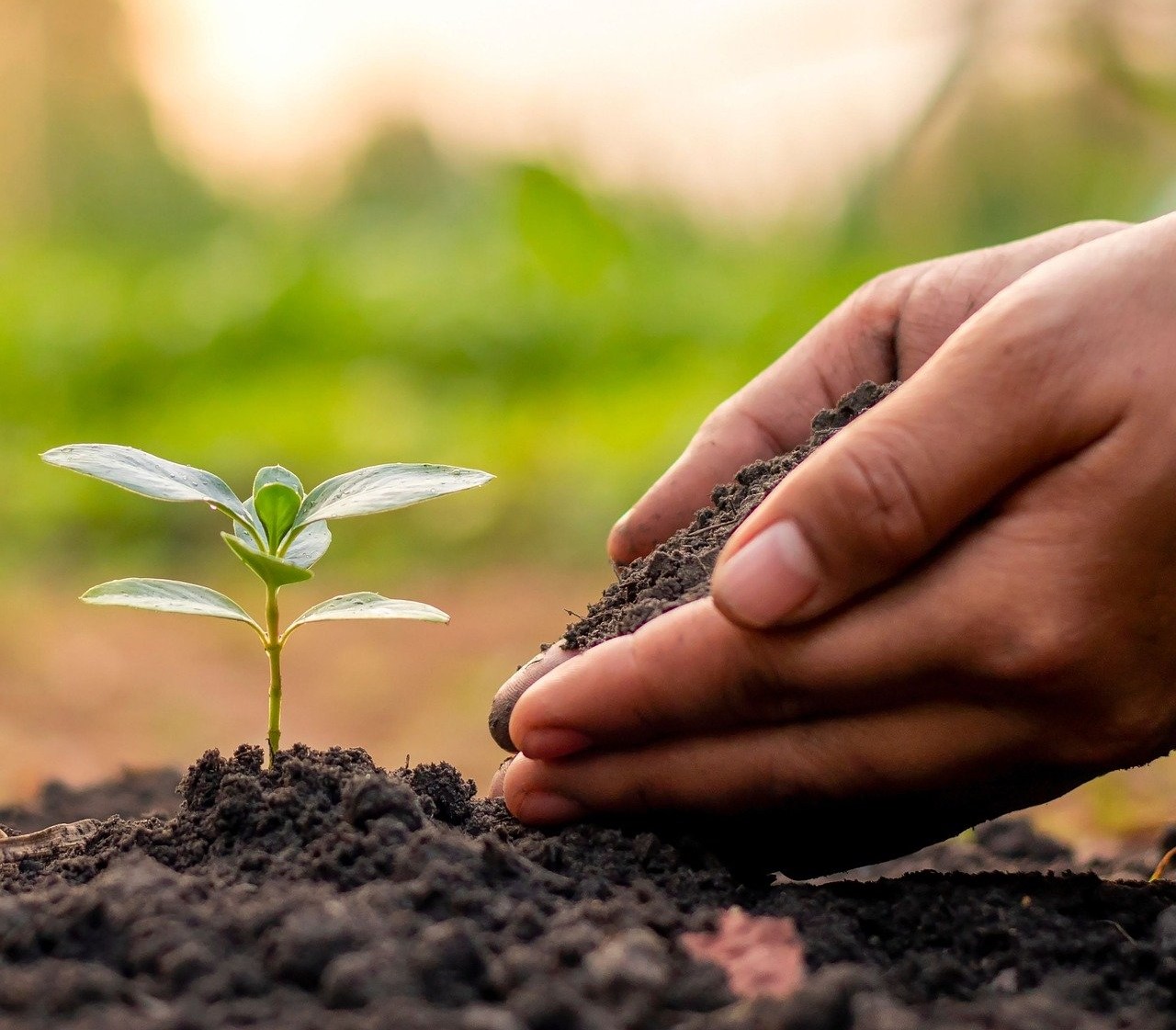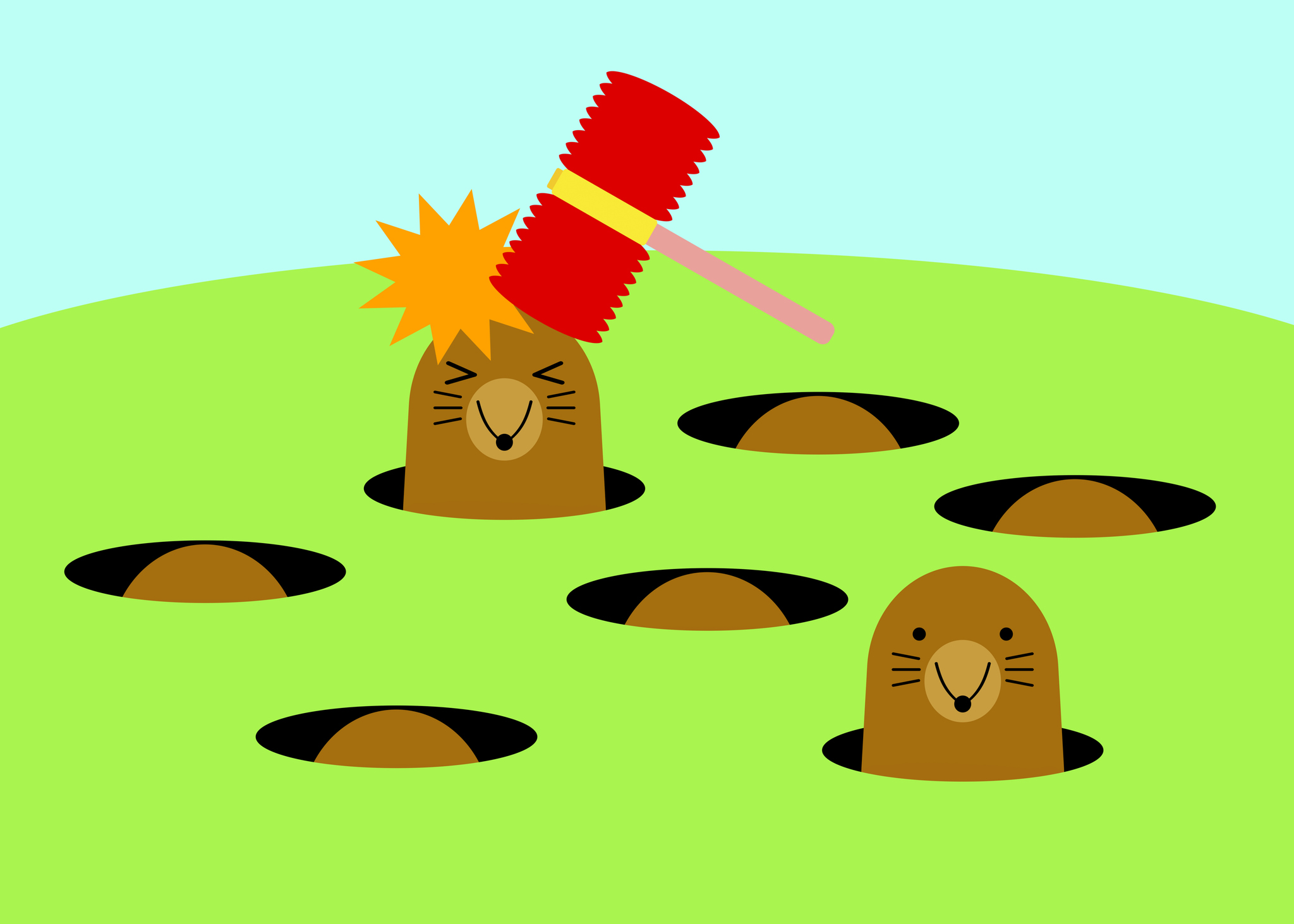What would happen if we banished the b******** word?
In the first of two articles, Matthew Savage questions the assumptions we make about the meaning of the word “behaviour” and the knock-on effect these assumptions can have.
As a school leader, and now as a consultant working with schools across the world, there has long been one word that always makes my heart sink. The b******** word.
When I trained to be a teacher, we had entire modules on “behaviour management”, and the phrase is still widely used today. A vast majority of schools have some sort of “Behaviour Policy”, and concomitant rules and sanctions. And whether it be from parents or educators, or from governments or the media, there is increasing talk of “behaviour” being a problem in schools today.
I deliberately put the b******** word in speech marks in the title of this article because I have become convinced that it is not, actually, a thing. And, therefore, if it is not a thing, it cannot be “managed”, and a “policy” about it becomes impossible too. I recognise that some of you may need some convincing here, but please bear with me.
The problem is not the problem
The ecologist and cybernetics pioneer, Gregory Bateson – son of William, the architect of what we now know as genetics, and father of Nora, as important a voice as any other today in social anthropology, systems thinking and our response to the metacrisis – wrote, in 1954, “It is not just that and nothing more”. He was speaking about ecology, but his words are transcendent. I paraphrase as follows: “The problem is not the problem”.
 It is my belief that behaviour is but a symptom of something so much more complex lying beneath. For some of you, the iceberg metaphor will work, but I prefer that of a plant. Any student (or, indeed, adult) behaviour is merely the part of the plant that we can see above the surface: the stem, the leaves and the flowers. These are its emergent properties, but they are not the plant.
It is my belief that behaviour is but a symptom of something so much more complex lying beneath. For some of you, the iceberg metaphor will work, but I prefer that of a plant. Any student (or, indeed, adult) behaviour is merely the part of the plant that we can see above the surface: the stem, the leaves and the flowers. These are its emergent properties, but they are not the plant.
As much, if not much more, of that plant, lies, submerged, beneath the surface, those roots, and the soils on which they feed (and to which we now know, through our nascent understanding of mycorrhizal networks, they also give back), fundamental to the existence of the plant in the first place. And that soil derives from millennia of organic matter, an ancient and complex act with almost limitless players.
The best gardeners and farmers are not experts in plants; instead they are experts in soil, tilling and even tasting that compost so that they can best both understand and remove its toxins, and identify and introduce its missing nutrients. If they spent all their time and energy trying to focus on every single plant, one by one, in their emergent state, they would be fighting an impossible, and losing, battle.
Behaviour is not a choice
Let us bring this back to schools, and the b******** word. It is my contention that virtually no student actively chooses to exhibit problematic behaviour, as something entirely divorced from their own identity, context or lived experience – and the same goes for any group of students. And if we spend our time and energy reacting to those emergent properties, we become engaged in a game of whack-a-mole, never actually dealing with the problem at all.
If the sanctions still prevalent in so many schools – detentions, exclusion, denial of nourishing experiences – actually worked, then, within a year or two, those schools would no longer need sanctions, or a “behaviour policy”, at all. But the fact is that this does not happen. Which begs the question, and, one could argue, answers it too, “Why do we have sanctions at all?”
An alternative approach
So what is the alternative? Digging. Grab our metaphorical shovels and dig beneath this emergent state, so that we can explore and understand the soil on which the roots of that plant have been feeding. What is it about that student’s identity or characteristics, family or peer relationships, physical or mental health, or countless other factors, which form the soil from which those shoots have emerged? If we can understand that, we can support it too, and help nutrify their soil, such that what emerges in the future will be so much healthier as a result.

But sometimes it is in the soil of the school itself that the roots of that plant are buried. Therefore, if we can exercise the humility to reflect on our culture and climate, and the manifold ways in which, albeit often unintentionally, these create the conditions from which challenging behaviours will likely sprout, then we can do the necessary work on that culture and that climate, such that the plants that emerge are so much the more positive. Put simply, students thrive from healthy soil.
Granted, where the problematic soil is familial rather than institutional, our response as a school becomes much more challenging. However, this does not mean that we cannot help. In fact, simply learning to understand the soil of a family can attune us much more finely to that student’s emergent state in the classroom and corridors of that school.
And how do we find out all of this information, be it about the familial or institutional soil? This is where my work on The Mona Lisa Effect® comes in, exploring tessellations, constellations and fractal patterns of kind, warm, street and slow data, and the rich, epistemological inquiry with which I engage staff, students and parents alike. More on that elsewhere, because that is an approach too complex to describe in detail here.
In the second part of this article, next month, I will expand on this ‘alternative approach’, and prod and poke the existing paradigm a little further. For the moment I reflect merely on this: at 12 years of age, I was made to stand, in tears, facing the corner, directly outside the staff room. My crime: hitting a payphone so that a distressed, younger student might retrieve a lost coin. I have never forgotten this.
 Matthew is an international education consultant, and former international school principal, who works directly with school communities, helping them understand and enrich their soil. He is also on the Advisory Board of the Parents Alliance for Inclusion.
Matthew is an international education consultant, and former international school principal, who works directly with school communities, helping them understand and enrich their soil. He is also on the Advisory Board of the Parents Alliance for Inclusion.

